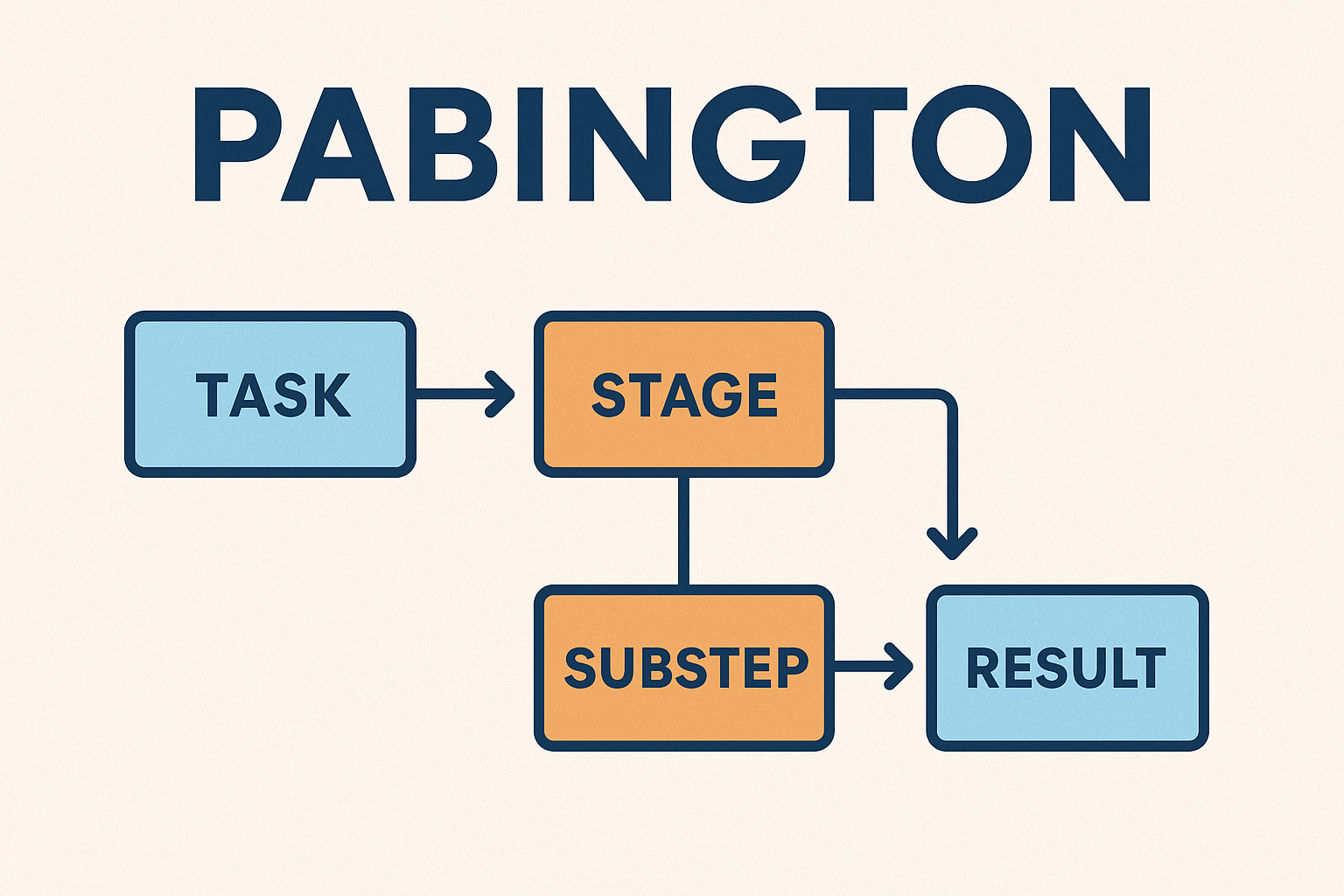corporate gifts
Corporate gifts have become an essential part of modern business culture. Whether it is appreciating employees, building stronger relationships with clients, or creating brand recall, thoughtful gifting plays a key role in professional settings. Far from being a simple gesture, a well-chosen corporate gift can strengthen trust, enhance loyalty, and serve as a subtle form of branding.
In this guide, we will explore the concept of corporate gifts in detail, covering their definition, benefits, challenges, practical uses, and strategies for selecting the right gifts. The focus is purely informational, so you will gain a deep understanding of how corporate gifting works and why it matters in today’s competitive business environment.
What are Corporate Gifts?
Corporate gifts are items or experiences that a business gives to employees, clients, partners, or stakeholders as a token of appreciation or goodwill. These gifts are not personal in nature; instead, they are intended to represent the company’s values and professional relationship with the recipient.
Examples of corporate gifts include:
- Branded stationery
- High-quality notebooks or pens
- Gift baskets with local or seasonal items
- Personalized calendars
- Tech gadgets like power banks or headphones
- Experiences such as event tickets or workshops
Unlike casual gifting, corporate gifting is often tied to specific occasions such as holidays, company milestones, product launches, or recognition events.
Why Corporate Gifts Matter
Corporate gifting is more than just courtesy; it is a strategic business tool. Organizations use it to:
- Build Client Relationships
A meaningful gift can show clients that they are valued beyond transactions. This leads to long-term loyalty and referrals. - Enhance Employee Morale
Employees who feel appreciated are more motivated and engaged. Simple gestures like birthday gifts, work anniversary tokens, or recognition awards can boost workplace culture. - Strengthen Brand Recall
Items featuring company logos or slogans subtly remind recipients of your brand, keeping it top-of-mind in professional circles. - Promote Trust and Goodwill
Consistent and thoughtful gifting reflects professionalism and care, helping build trust with external and internal stakeholders.
Key Benefits of Corporate Gifts
- Recognition: Acknowledging hard work fosters loyalty and decreases turnover.
- Networking: Gifts can open doors for new partnerships and collaborations.
- Retention: Clients who feel appreciated are less likely to switch to competitors.
- Visibility: A useful branded item can act as ongoing advertising.
Challenges in Corporate Gifting
Despite the benefits, businesses face challenges when managing corporate gifts:
- Cultural Sensitivity: What is considered an appropriate gift in one culture may be offensive in another.
- Budget Limitations: Balancing quality with affordability is always a concern.
- Personalization: Generic gifts may fail to leave an impression, but personalization requires extra effort.
- Compliance Issues: In some industries, strict rules exist regarding the value or type of gifts allowed.
To overcome these challenges, companies need to research, plan carefully, and align gifts with both business goals and recipient expectations.
Real-World Applications of Corporate Gifts
Corporate gifting is applied in various business contexts. Some common examples include:
- Employee Recognition Programs: Celebrating milestones such as promotions, years of service, or retirement.
- Holiday Celebrations: Sending holiday hampers or digital gift cards during festive seasons.
- Client Onboarding: Welcoming new clients with starter kits or branded merchandise.
- Event Marketing: Distributing customized gifts at conferences, exhibitions, or trade shows.
- Virtual Engagement: In the era of remote work, digital gift cards, e-vouchers, or experience-based gifts are increasingly popular.
Actionable Tips for Choosing the Right Corporate Gifts
- Know Your Audience: Understand the recipient’s role, culture, and preferences.
- Focus on Utility: Choose items that will be used frequently, ensuring higher brand visibility.
- Prioritize Quality Over Quantity: A single premium-quality item often creates a stronger impact than multiple low-value gifts.
- Stay Consistent with Brand Values: The gift should reflect the company’s identity and values.
- Add a Personal Touch: Even a handwritten note can make a standard gift feel more thoughtful.
FAQs about Corporate Gifts
- What is the main purpose of corporate gifts?
The main purpose is to strengthen relationships, build goodwill, and promote brand recall among employees, clients, and business partners. - Are corporate gifts tax deductible?
In many regions, corporate gifts may be considered a business expense, but the rules vary. Always consult local tax regulations or a financial advisor. - How do companies personalize corporate gifts?
Businesses often add logos, customize packaging, or include the recipient’s name to make gifts more personal and memorable. - What types of corporate gifts are most effective?
Practical, high-quality items that recipients can use in daily life are often the most effective, such as tech gadgets, notebooks, or digital gift cards. - When should a company give corporate gifts?
Common occasions include holidays, work anniversaries, product launches, business milestones, or after completing a successful project.
Conclusion
Corporate gifts are more than symbolic gestures. They are a reflection of professional values, appreciation, and relationship-building strategies within the corporate world. When chosen thoughtfully, these gifts can strengthen client partnerships, boost employee satisfaction, and create long-term goodwill. At the same time, businesses must remain mindful of cultural differences, compliance rules, and personalization needs to ensure gifting remains impactful and meaningful.







